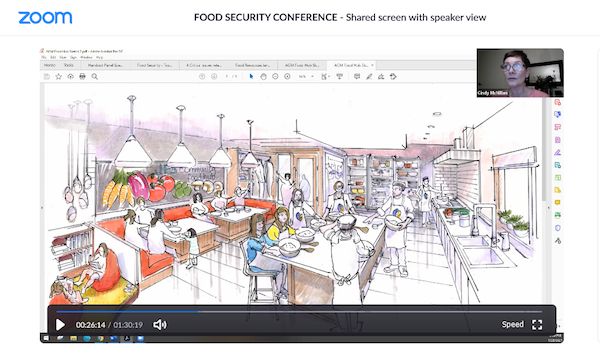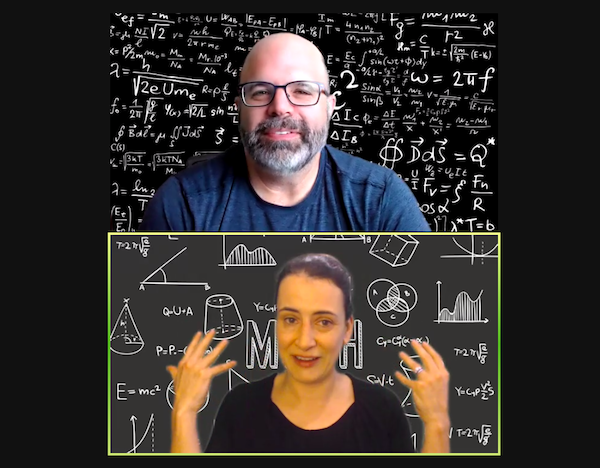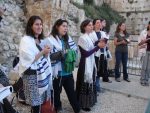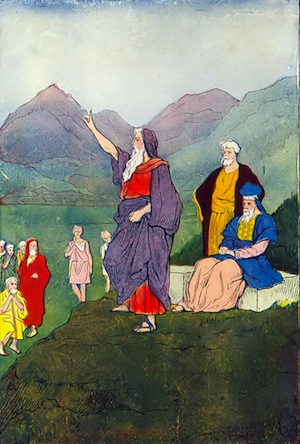Jewish Canadians were instrumental in building the Canadian labour movement and, by extension, the Cooperative Commonwealth Federation, which would go on to become the New Democratic Party.
Political scientists and others have observed that, as immigrant communities integrate into their new societies and become more economically secure, their voting patterns and ideological outlooks tend to move across the spectrum. While Canada has seen a small but steady growth of Jewish immigration in recent decades – with spikes during significant events like the end of the Soviet empire – the community, as a whole, is now firmly established.
Canadian Jews, like other groups that have deep roots in our relatively new country, have experienced economic and social success. Individual Jewish households, of course, face every range of economic and social challenge, issues that are addressed by a network of social service agencies guided by the principle Kol Yisrael arevim zeh bazeh, all Israel is responsible for one another. While there is a sacred instruction for Jews to care for our own, Jewish values have also played a role in the actions of Jewish Canadians in relation to the broader Canadian society. Through individual and collective activism, from individuals like David Lewis in the last century to groups like the Centre for Israel and Jewish Affairs today, Canadian Jews have influenced public policy and made the country better and more welcoming for all.
Despite whatever economic advances Canadian Jews have made as a group, it is often noted that, as a community, Jews tend to remain politically progressive. In a practical sense, this has been complicated by positions taken by some on the left, including trade unions, the New Democrats and the Green party. Jewish Canadians are overwhelmingly Zionist and, over the past 50 years, picking up steam in the past two decades, the left has become less and less supportive of Israel and Jewish self-determination. The debate about where anti-Zionism ends and where antisemitism begins is for another day. Stated simply, many Canadian Jews are progressive voters who, due to foreign policy issues, find themselves politically homeless. (The pro-Israel stands of the Stephen Harper government also shook many Jews away from their traditional political allegiances.)
With this context in mind, the surprise announcement Tuesday that the federal Liberal government has signed a supply and confidence agreement with the New Democrats may allow some progressive Zionist voters to have their cake and eat it too.
Under this deal – the same kind of agreement that the NDP and Greens in British Columbia signed to topple the B.C. Liberals in 2017 – the parties have agreed to advance things that have long been on the NDP agenda, such as a national dental care program and national pharmacare. It will apparently enhance ongoing reconciliation work through investments in Indigenous housing and continuing to confront the tragedy of missing and murdered Indigenous women and girls. Changes to the tax system and reducing barriers to participation in elections are also among the points released Tuesday.
The thorny issue of affordable housing will also be part of the mix – although what any government can successfully and substantively do on this issue remains a big question mark.
The provision of affordable universal child care – a promise made repeatedly by the Liberals and still not realized – is another marquis issue, as is addressing climate change and supporting workers.
The deal hearkens back to a similar one between then-prime minister Paul Martin, a Liberal, and the New Democrats, under Jack Layton, which buoyed a minority Liberal government in exchange for a $4.6 billion injection of federal funds into social programs.
For Canadian Jews who remain committed to progressive political values, the rather sudden announcement this week could be very welcome. Canada will (presumably) get a raft of new legislation on issues from environmental protections to economic justice, without subjecting Canadian foreign policy to the whims of a party that has signaled disregard to Jewish Canadians’ familial, historical and emotional ties to the state of Israel.
For those Canadian Jews who do not subscribe to this agenda, well, there is an opportunity for shaping an alternative. The federal Conservative party is in the early stages of what will be, it appears, a fight for the ideological soul of the party. The response to the Liberal-NDP deal by interim Conservative leader Candice Bergen was predictably skeptical. She called it a “power grab” by Trudeau, though time will tell whether a three-year reprieve from a snap election will allow the new Tory leader to cement their role before facing voters.
In any event, the battle lines for the next several years are being drawn. A Liberal-NDP agenda on one side and a possible new approach at the head of the Conservative party on the other.
We hope that Canada avoids the level of polarized partisanship we see in the United States and some other countries. It is, in fact, Canada’s history of moderation and compromise that has made it a welcoming place for Jews and other minority communities. However, it is always healthy in a democracy to have clear, definable choices.
The NDP and Liberals will be laying out their apparently ambitious agenda for the coming years. Those vying for the Conservative party leadership will now have a plethora of fresh policy initiatives to sink their teeth into to define themselves in contrast with this unexpected new informal coalition.




